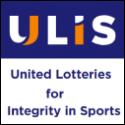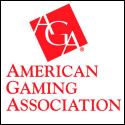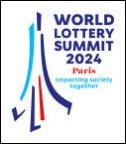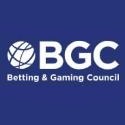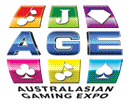Maryland House Hears Online Casino Gambling Bill Testimony
MARYLAND (February 27, 20024) — The Maryland House heard testimony about development regarding the Maryland online casino bill, HB1319. Here’s a summary of the key points:
- Del. Vanessa E. Atterbeary’s Commitment: Del. Vanessa E. Atterbeary demonstrated her dedication to the Maryland online casino bill during a seven-hour-long committee hearing on Feb. 26.
- Testimony and Stakeholders: The hearing included five hours of testimony from stakeholders of HB1319. Howard Glaser of Light and Wonder (LNW) commended the committee for their stamina.
- Post-Hearing Actions: After the marathon-length hearing, the committee did not advance HB1319 on Feb. 26. Elizabeth Twigg, Atterbeary’s chief of staff, clarified that the bill would require time in subcommittee for potential amendments before advancing.
- Comparison with SB603: State Sen. Ron L. Watson is moving SB603 through the Senate. The online casino and poker bills share similarities but also have meaningful differences, such as tax rates and the decision-making process.
- Revenue Projections: Atterbeary’s bill projects substantial tax revenue, estimating $6 million in FY 2025, $539.4 million in FY 2026, and $904.9 million in FY 2029.
- Diversity and Inclusion: Atterbeary’s bill proposes 12 online gambling licenses, each requiring a 5% ownership stake for individuals promoting diversity, equity, and inclusion in the gaming industry.
- Virginia’s Impact: Sen. Watson suggests that Maryland’s casinos might experience decreased foot traffic due to Virginia authorizing five commercial casinos. Legalizing iGaming could offset potential revenue loss.
- Urban One’s Testimony: Urban One CEO Alfred C. Liggins III testified in favor of HB1319, emphasizing diversity and promising to bring jobs to Maryland if the bill passes.
- Testimony Highlights: During the hearing, supporters focused on revenue generation, attracting younger gamblers, job creation, funding for schools, and protection from illegal offshore gambling sites.
- Requested Amendments: Retail casino representatives requested amendments, including lowering the online casino operator tax rate, decreasing licensing fees, and adjusting the number of operators.
- Opposition Concerns: Opposition to the bill expressed concerns about potential cannibalization of retail casino revenue and job loss. Some proposed that all iGaming licenses should be tethered to land-based casinos.
The situation is dynamic, with the bill requiring further discussion and amendments before moving forward. The hearing for SB603 is scheduled for February 28, providing additional opportunities for developments in Maryland’s online casino legislation.
SOURCE: LI Contributor.
Tags: Maryland Lottery and Gaming, online casino bill, HB1319.














